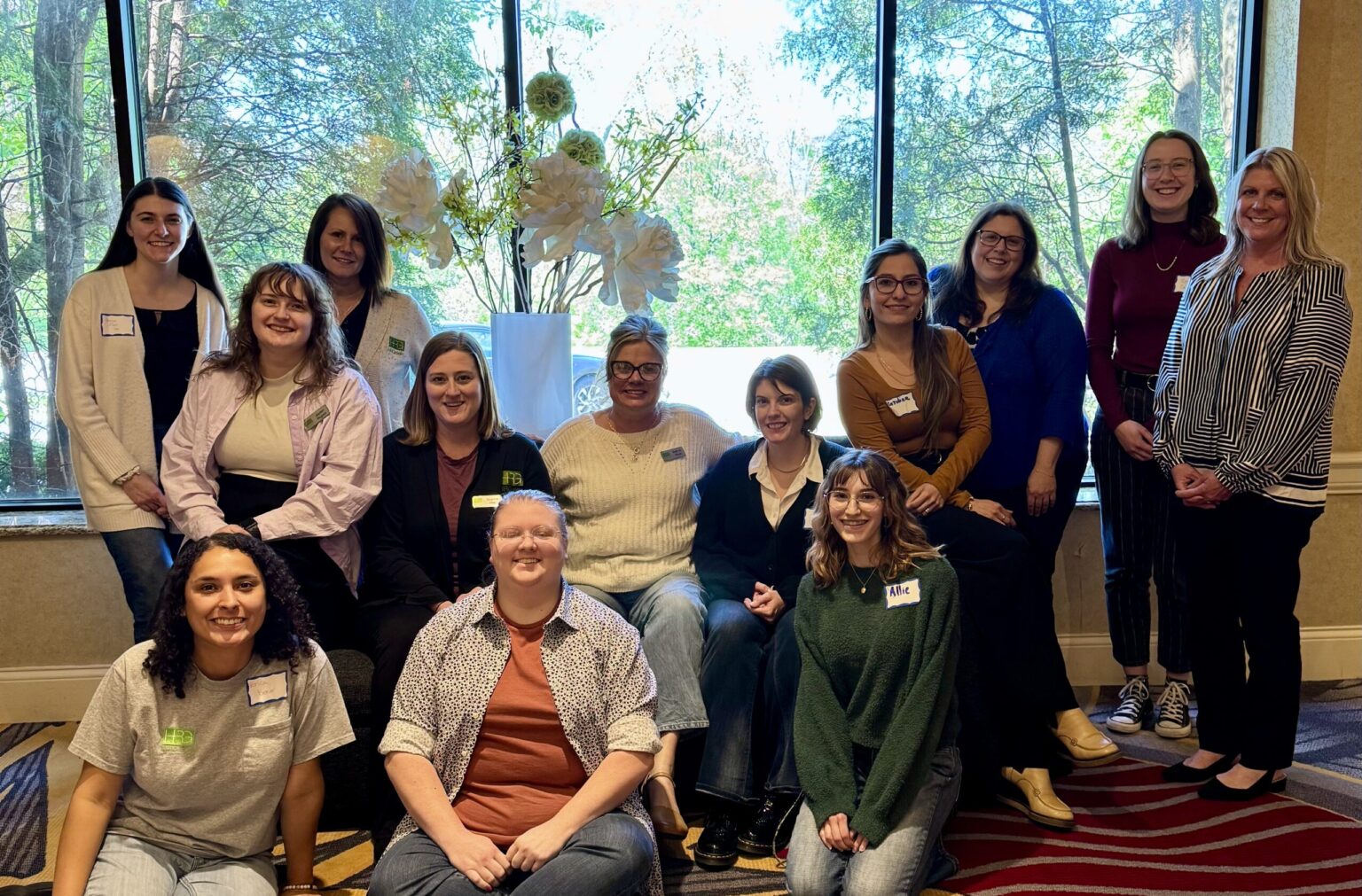At HR Green, we believe engineering is more than a career—it’s a chance to shape communities, solve complex problems, and make a lasting impact. On International Women in Engineering Day, we’re proud to recognize the women engineers across our organization who bring their experience, innovation, and leadership to every project, every day.
We asked several HR Green women what drives them in their work, how they’ve grown in their careers, and what advice they’d share with others considering careers in engineering. Their stories highlight the importance of inclusion, support, and the power of building a career with purpose.
Women Engineers Shaping the Future at HR Green
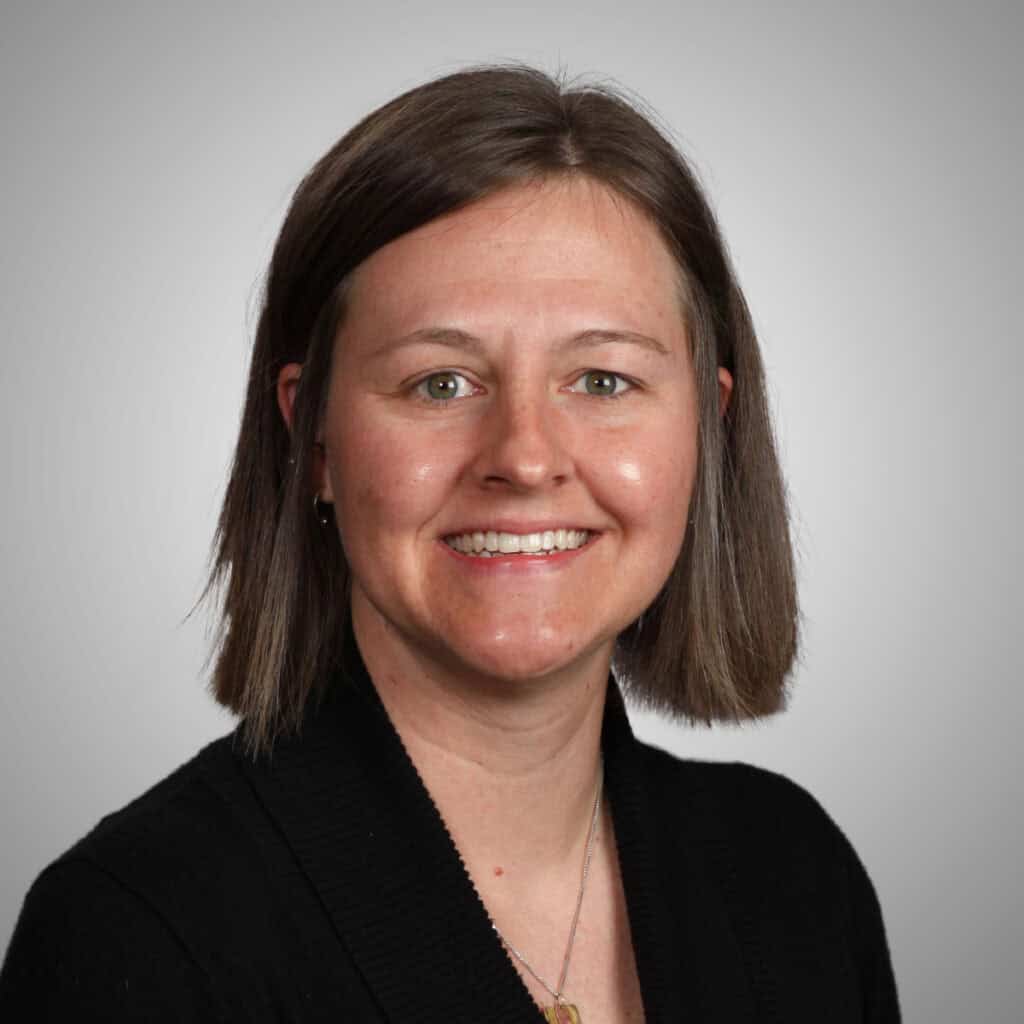
Kristen Bargender | Practice Advisor
Kristen Bargender has always viewed mentorship as more than just a duty; it’s a personal standard. Reflecting on her journey, she remembers the uncertainty of being the newcomer, aspiring to emulate admired leaders. Now, she strives to be that guiding figure for others. “Knowledge shouldn’t stay locked away,” Kristen emphasizes. “It should be built upon and shared.”
For Kristen, mentorship also means advocacy. “I stand up for those who feel voiceless,” she asserts. “Silence implies consent. Sometimes, people need to know they have a supportive teammate on the sidelines with strategies—they don’t have to face challenges alone.”
As a woman, Kristen has faced underestimation. “Every time, my response was different, but I let my work speak for itself.” She’s learned that she doesn’t need to work twice as hard to earn her place; she belongs at the table. “If my value isn’t recognized,” she states firmly, “then maybe it’s not the right fit.”
Representation is crucial to Kristen. “I identify within the LGBTQ+ community,” she reveals. “And representation in engineering, especially in the Midwest, is still lacking.” At HR Green, she finds visibility, security, and respect—an environment she believes should be the norm.
To the next generation, especially young women in STEM fields, Kristen offers heartfelt advice: “It’s tough. You’ll feel exhausted. But your contribution is essential.” Reflecting on her own journey, she wishes someone had told her at 22 that confidence grows with time—courage is what gets you started. “If there’s no seat for you,” Kristen encourages, “bring your own chair. And if your first career path isn’t right, it’s okay to pivot.”
“You belong here,” Kristen affirms, extending a supportive hand to help others realize their worth.
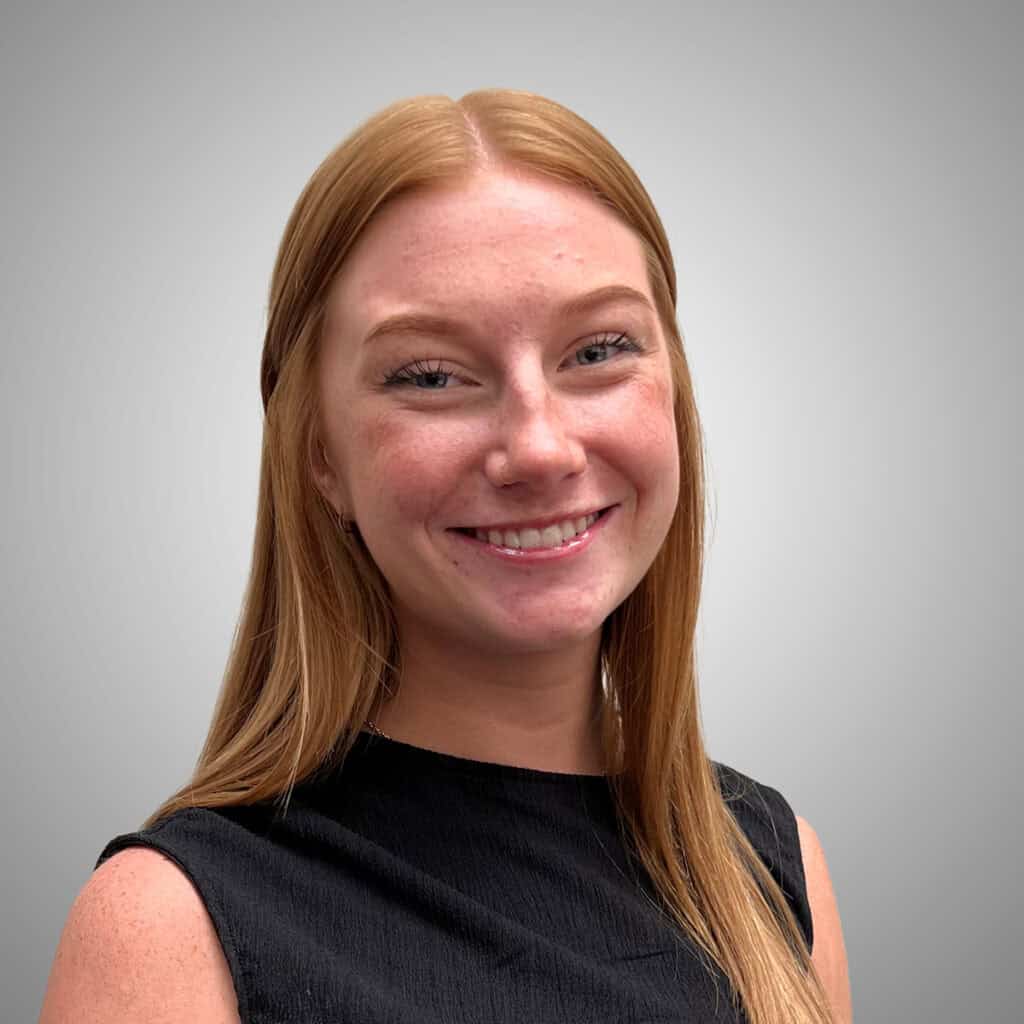
Julia Fergus | Broadband
Julia Fergus’s path into engineering wasn’t exactly a straight line. She began her college journey as a nursing major, then explored environmental science and sustainability science before finally discovering GIS. “I’ve always kind of wanted to help people with what I do for work,” she shared—an underlying motivation that never wavered, even as the route changed.
Her introduction to GIS happened almost by accident during college. “Making maps, doing stuff on computers—it all felt really nerdy,” she laughed. But something about it clicked. What captivated her most was the creative side of the work: solving real-world problems using tools that could, for example, help design broadband infrastructure to connect communities. “There’s no one right answer. Wherever you go, the world is so different. Being able to piece those puzzles together really worked for me.”
Today, Julia works in broadband engineering at HR Green. And while broadband might seem distant from day-to-day life, she sees it differently. “Communication is at the foundation of a functioning society,” she explained. “What I work on helps bridge communication gaps and keeps us connected in an ever-changing world.”
Still, her journey into engineering wasn’t always easy. Julia didn’t initially feel like she belonged in the field. “It was a male-dominated space,” she recalled. “And a lot of the engineers I knew were… intimidating.” But that began to change thanks to women professors in the University of Iowa’s GIS department. “They saw the spark in me,” Julia said. “And they made sure we all knew we could do something great.”
Her advice for anyone starting their own career? Try everything. “Even if you’re not good at it, that’s fine. At least you’ll know,” she said. And maybe—just maybe—you’ll discover you’re capable of more than you ever imagined.
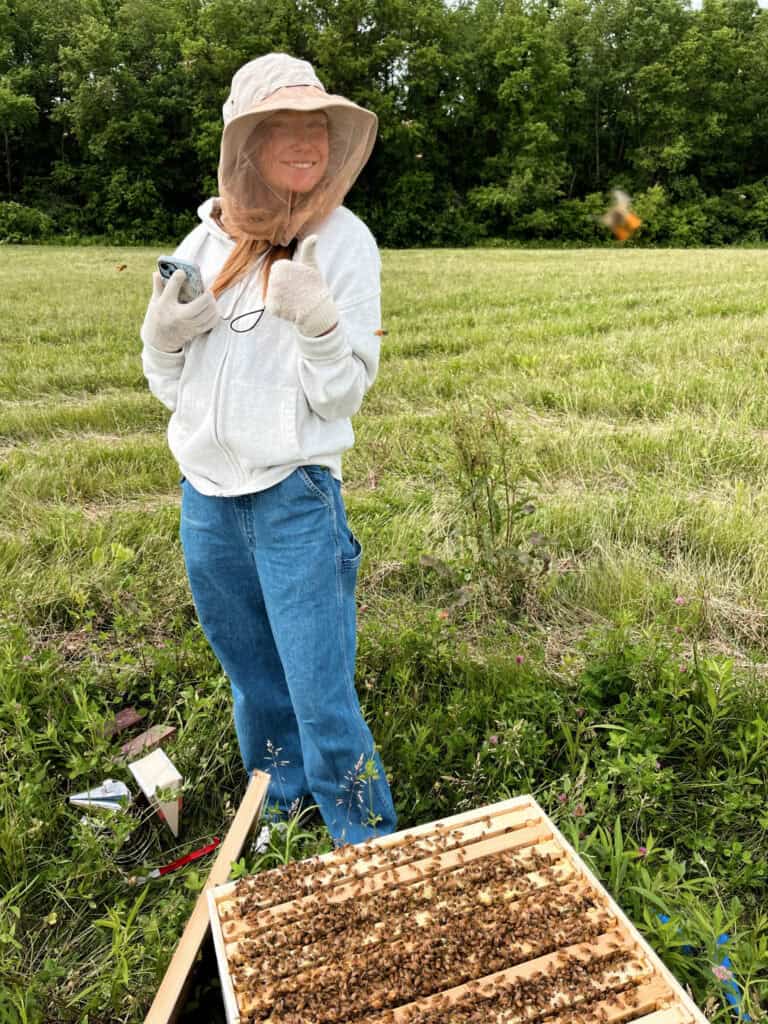
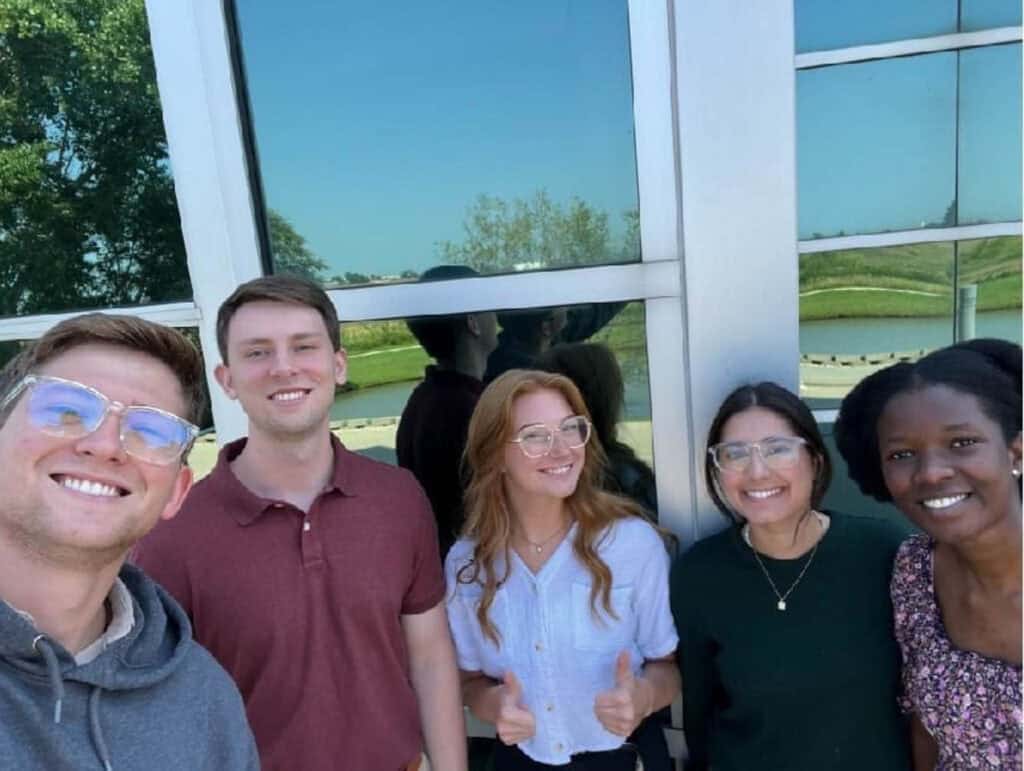
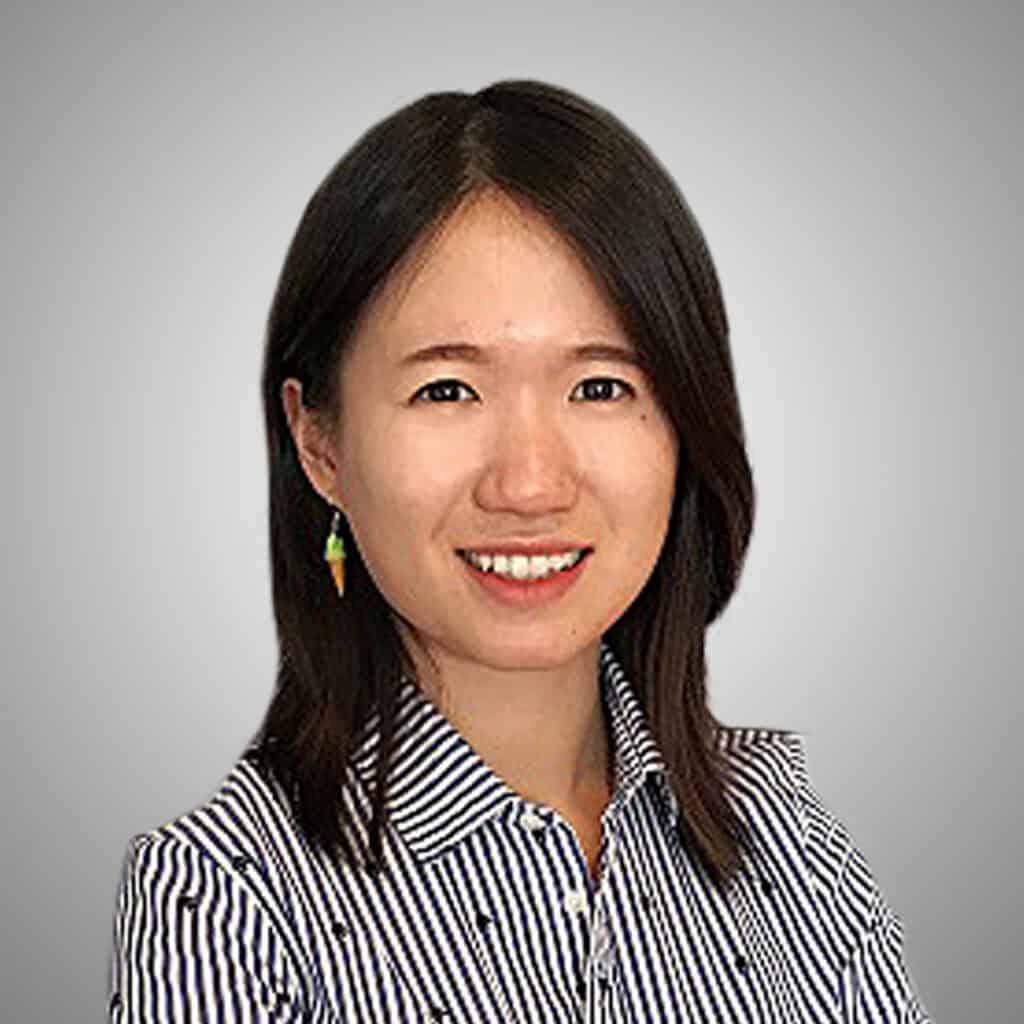
Cami Liu | Transportation
Cami Liu didn’t grow up dreaming of becoming an engineer. In fact, engineering hadn’t crossed her mind until she was a 17-year-old foreign exchange student. During her time in Ohio, her host mom—who worked in computer science—recognized something in her. “I told her I liked design and was good at math,” Cami recalled. That simple conversation became a turning point. Her host mom suggested engineering, and from that moment, the path began to take shape.
Cami went on to study engineering at Iowa State University and landed her first job at HR Green right after graduation. “They showed up at every career fair,” she joked. With her then-boyfriend (now husband) having family nearby, joining the company just made sense. Since 2018, Cami has grown from a Staff Engineer I to a Project Engineer in the Transportation group, gaining experience in everything from drainage design to water systems. “I’m happy I learned so much throughout my career,” she shared. “I really like my job.”
Mentorship has played a central role in Cami’s growth. “I love my team,” she said. “Everyone is so knowledgeable.” Among her biggest influences is Michelle, a talented engineer and mother. “She’s amazing. I’ve learned so much from her—not just professionally, but about the kind of person and future parent I want to be.”
Cami has also seen the power of mentorship in action. She recalled working with an intern whose performance in the first year was underwhelming—not due to a lack of ability, but a lack of direction. “The second year, I mentored him. He did amazing. Now he’s a full-time hire.”
To younger women considering a future in engineering—especially those wrestling with impostor syndrome—Cami offers this advice: “Don’t be afraid. Everyone makes mistakes. You’re more capable than you think.” And if she could give her younger self one piece of reassurance? “Don’t stress so hard. Everything will work out. The experience will lead you to exactly where you need to be.”
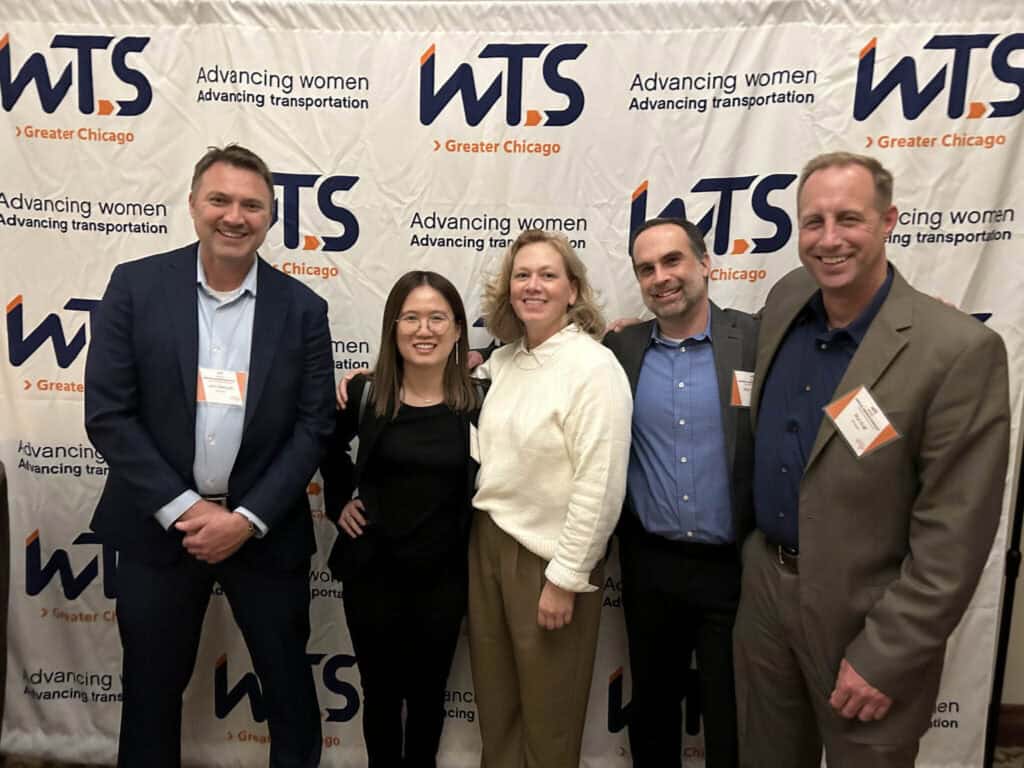
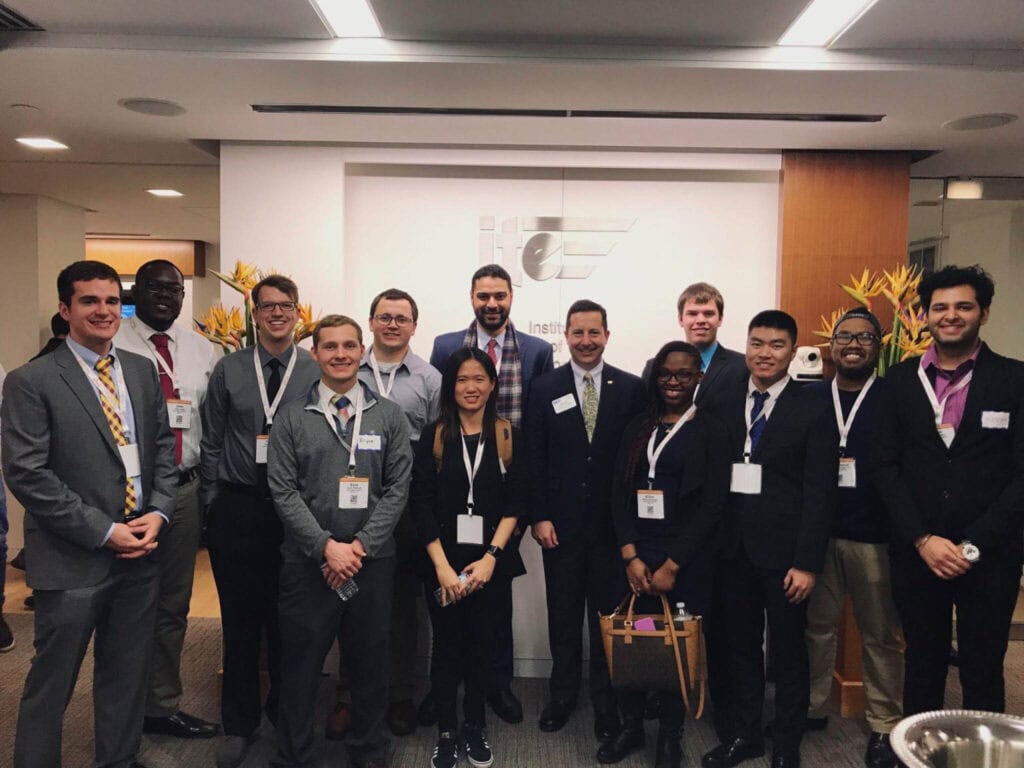
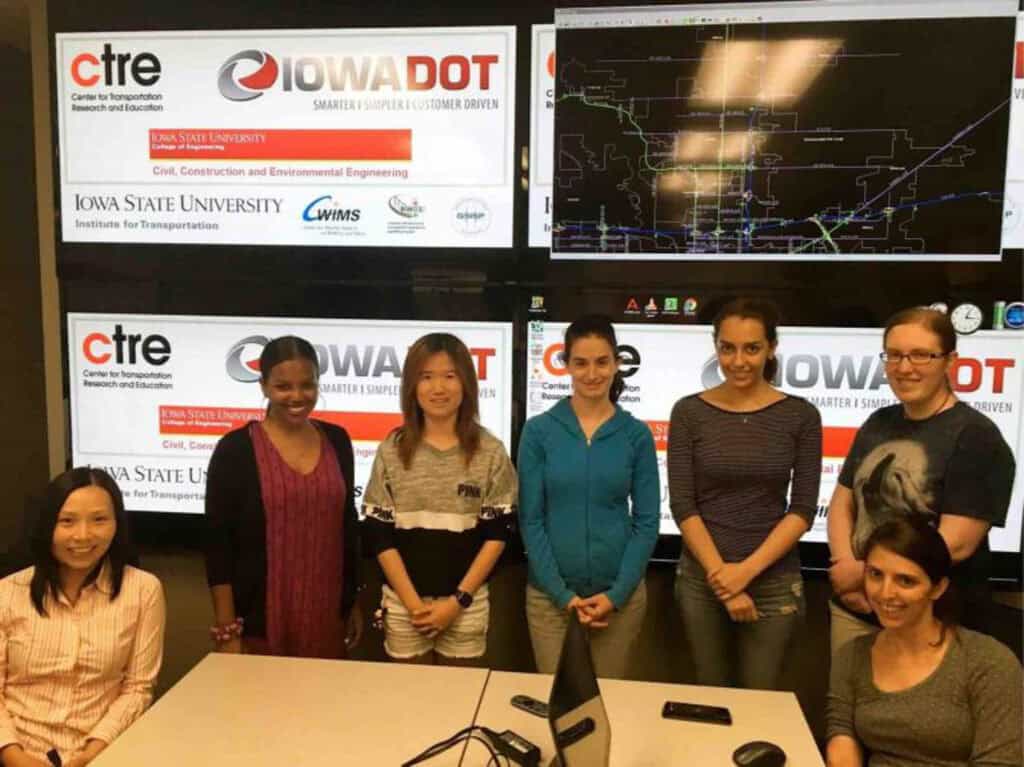
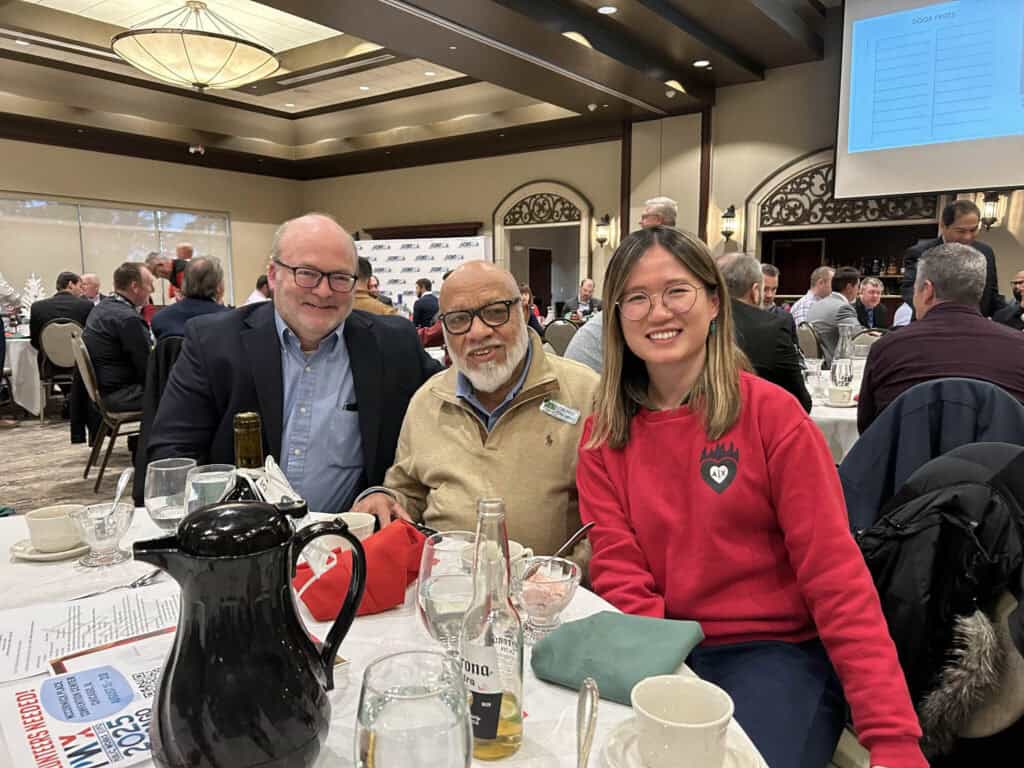
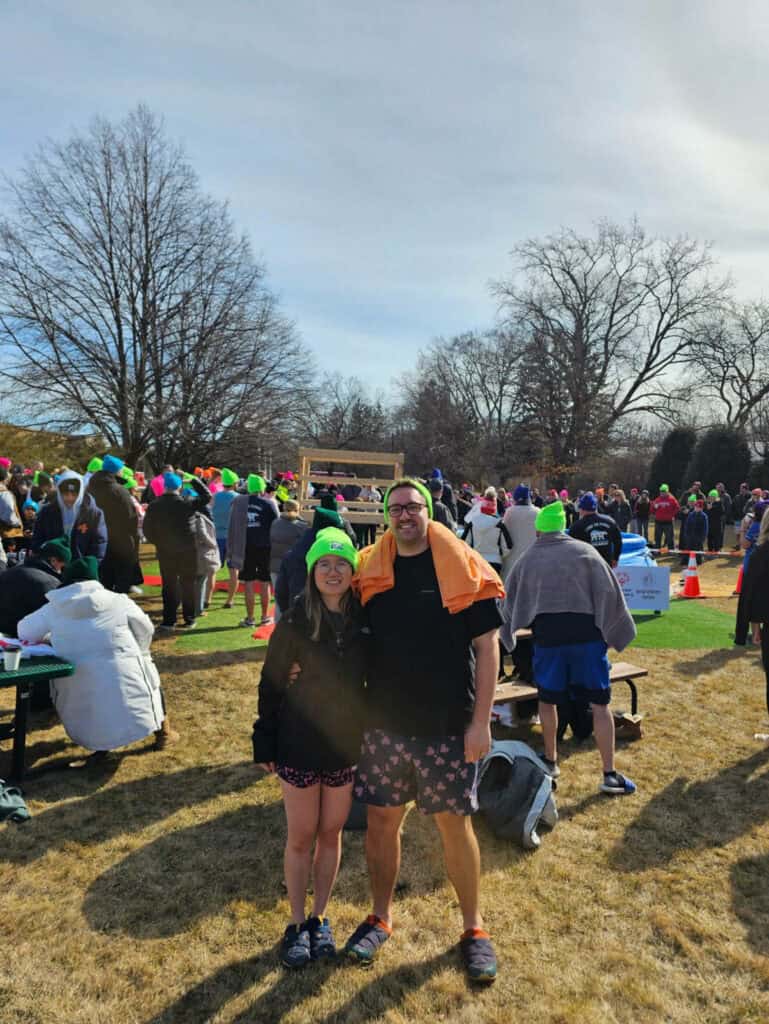
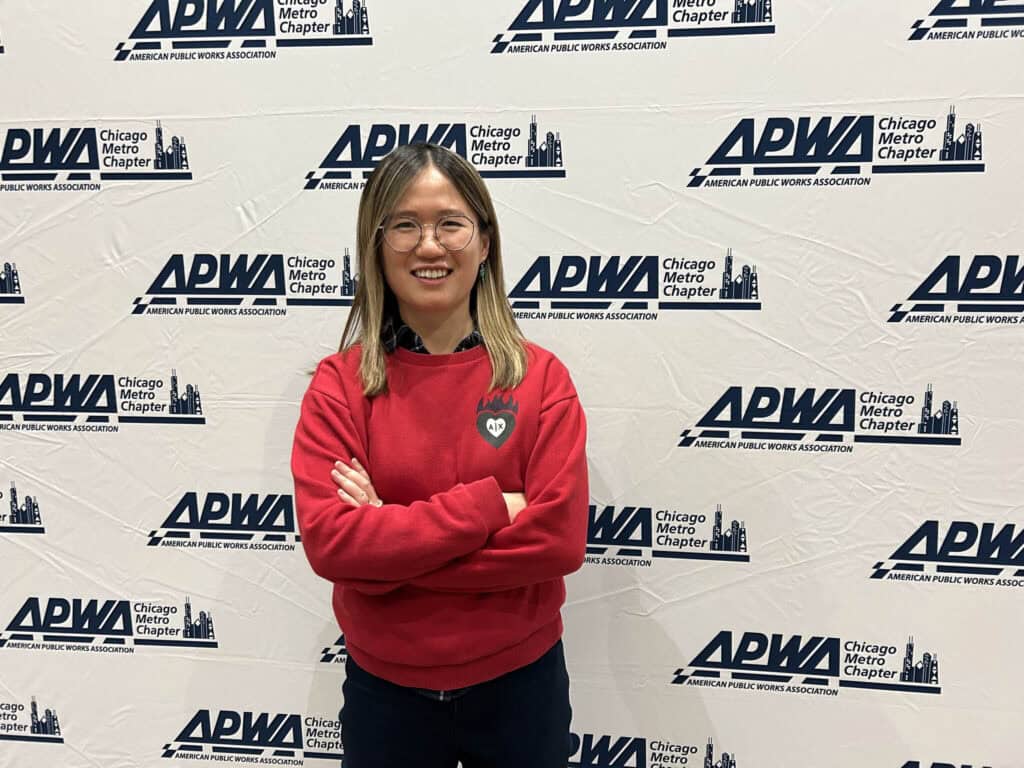
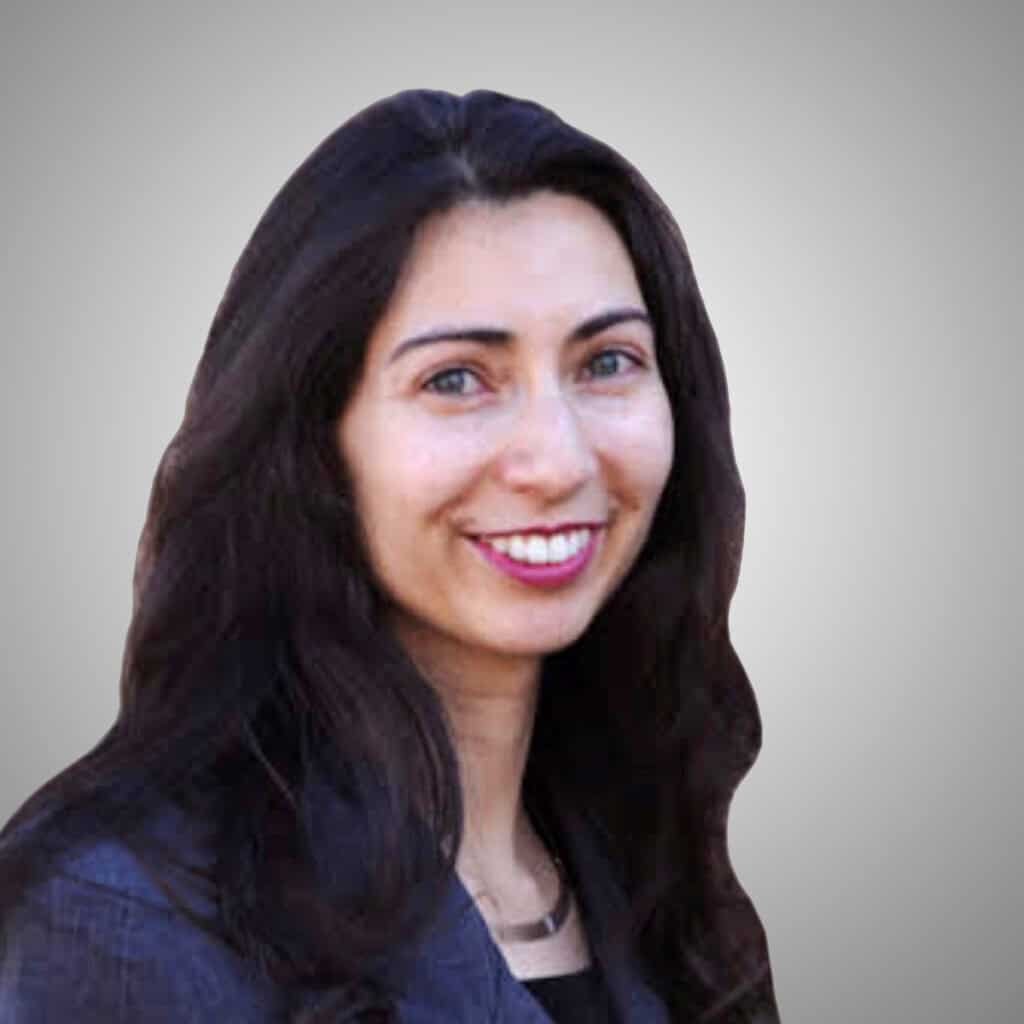
Brandy Williams | Municipal Services
Brandy Williams is a seasoned engineer with nearly 25 years of experience. She currently leads a civil plan tech group within municipal services, working remotely from her hometown of Colorado Springs while managing clients across the country. “I’m really excited that people before me paved the way for remote work in engineering,” she noted—a shift that’s allowed her to balance leadership with flexibility.
Her roots on a cattle ranch instilled early problem-solving instincts. Whether managing construction, logistics, or day-to-day planning, life on the ranch demanded hands-on creativity and resourcefulness. Brandy always excelled in science and math, but didn’t want to choose between the two. It wasn’t until her uncle introduced her to engineering that something clicked. “Oh my goodness gracious, that’s exactly what I want to do,” she remembered thinking.
Brandy’s determination took shape in high school, where she successfully petitioned her district to offer calculus and completed five years’ worth of math in just four years. That grit earned her admission to Carnegie Mellon University, where earning her engineering degree became “the hardest thing I’d ever done”—making the professional world feel like a breeze by comparison.
Though she originally gravitated toward environmental engineering, Brandy discovered civil engineering allowed for more time in the field. As city engineer for Fountain, Colorado, she spent her days inspecting construction sites, ensuring everything functioned as designed.
Today, Brandy sees both the benefits and risks of engineering’s increasing reliance on technology. “If you don’t know how to do it by hand, you don’t know when the computer is wrong,” she cautions, underscoring the importance of understanding fundamentals.
Throughout her career, mentorship has been a guiding force—from her uncle’s early encouragement to a college professor who pushed students with real-world scenarios. Leading her sorority’s annual construction project helped her realize that as careers progress, “it’s your relationship with people that matters most.” Teamwork, she says, is everything.
Her advice to women in STEM? “Put yourself in rooms where you might be the only woman. Learn to stand your ground, negotiate, and be assertive.”
Above all, Brandy encourages aspiring engineers to pursue the profession for the right reasons. “Do this work because you love it, not just for the paycheck,” she says. In a field where “it’s got to be right or it’s wrong,” passion is what sustains you. Today, Brandy finds her greatest joy in mentoring others and watching them grow.
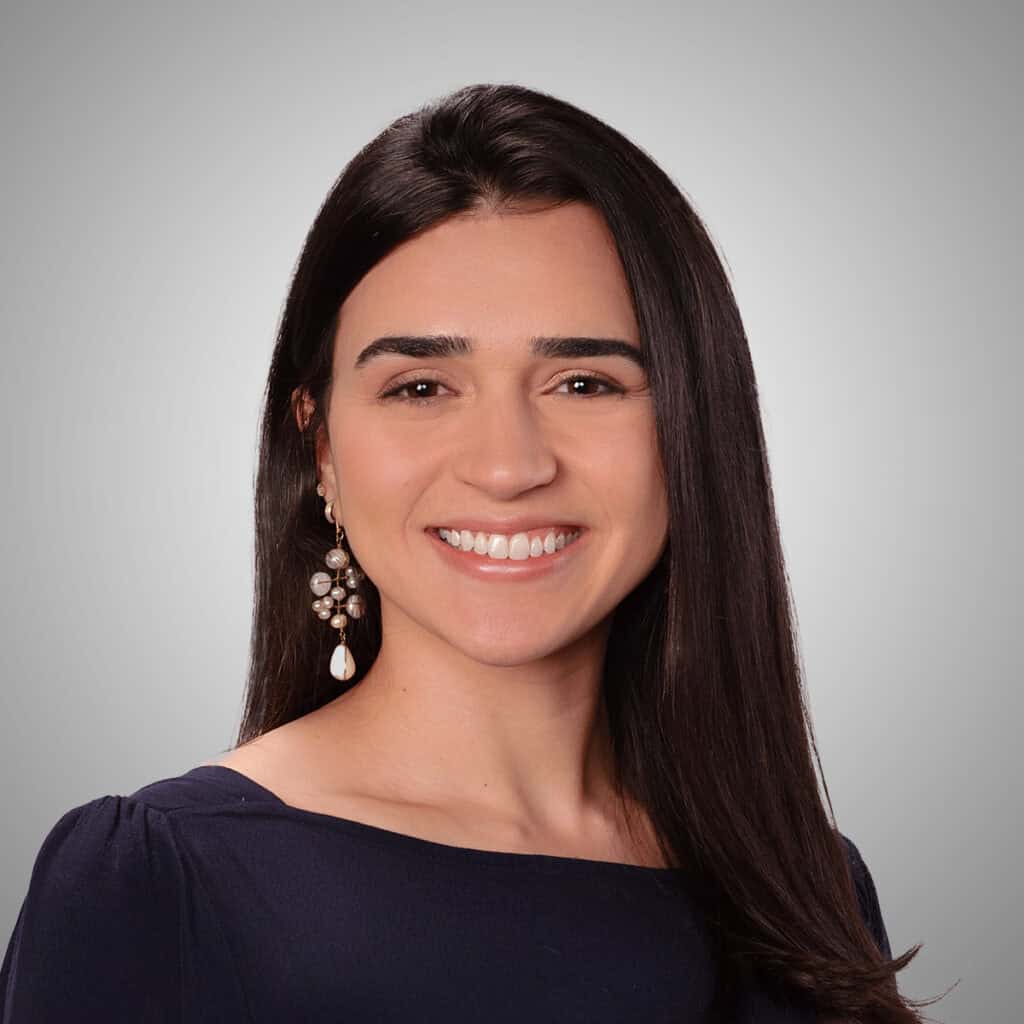
Mariana Williams | Water + Wastewater
Mariana Williams grew up on the southeast coast of Brazil with big ambitions, though she wasn’t quite sure what shape her future career would take. In high school, engineering was nowhere on her radar—at least, not at first. It took a bit of trial and error to get there. “I don’t like biology… I don’t like chemistry,” she laughed. At 18, she moved to the United States to play college tennis and pursue a degree in Civil Engineering, still uncertain of which branch of the field would interest her the most. Construction seemed promising, but after a three-month internship, she quickly realized it wasn’t for her. Everything changed during her junior year when she landed an internship in water-wastewater engineering. “I liked it,” she recalled simply—and she’s been in the field ever since graduating in 2021.
Now a Staff Engineer in HR Green’s Houston office, Mariana thrives at the intersection of technical complexity and community impact. Whether running hydraulic models or presenting at local council meetings, she brings both problem-solving and people skills to her work. Small-town projects—serving populations of just 900 to 2,000 residents—taught her something important: “The impacts of what we’re doing to these communities matter.” She loves solving water pressure puzzles—like figuring out why Mrs. Ramirez can’t take a shower, and then breaking down those solutions for a room full of residents. It’s part introvert, part extrovert, and Mariana thrives on the balance.
Her connection to community extends outside the office, too. As a board member of her local American Public Works Association chapter, she takes pride in service. “We did a volunteering event yesterday,” she shared. “Having my company sponsor me to give back—those moments make work more fun.”
Reflecting on her education, Mariana wishes there had been more hands-on learning. “Give me a tour of a wastewater treatment plant,” she’d often think. Real-world context, she believes, would have made those abstract engineering formulas feel more tangible and meaningful.
Her advice to young women—or anyone—entering the field? Speak up. “Occupy your space,” she says. Don’t let fear stop you from voicing what you need—your supervisor can’t support what they don’t know. And remember: imposter syndrome is universal. Expertise doesn’t come from perfection; it comes from mistakes, questions, and the courage to ask them.
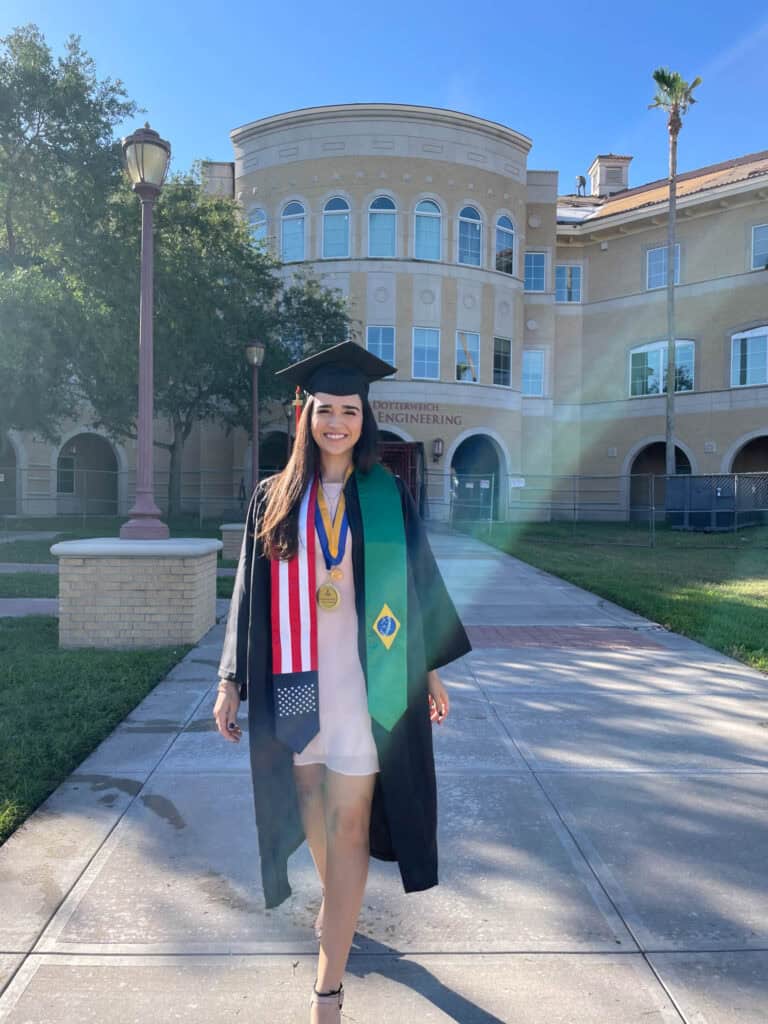
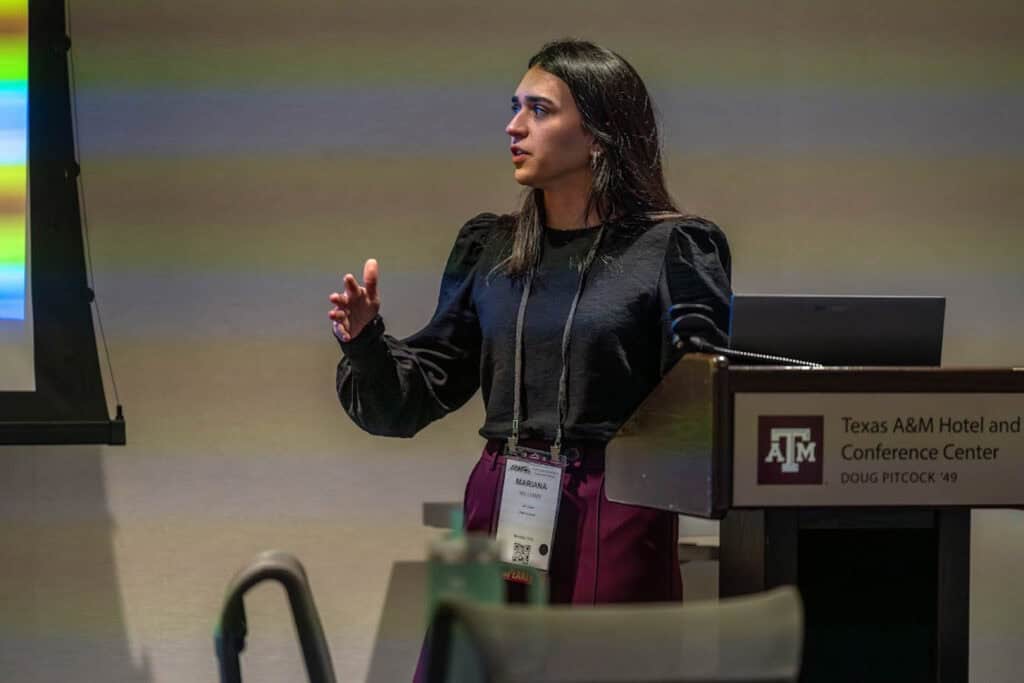
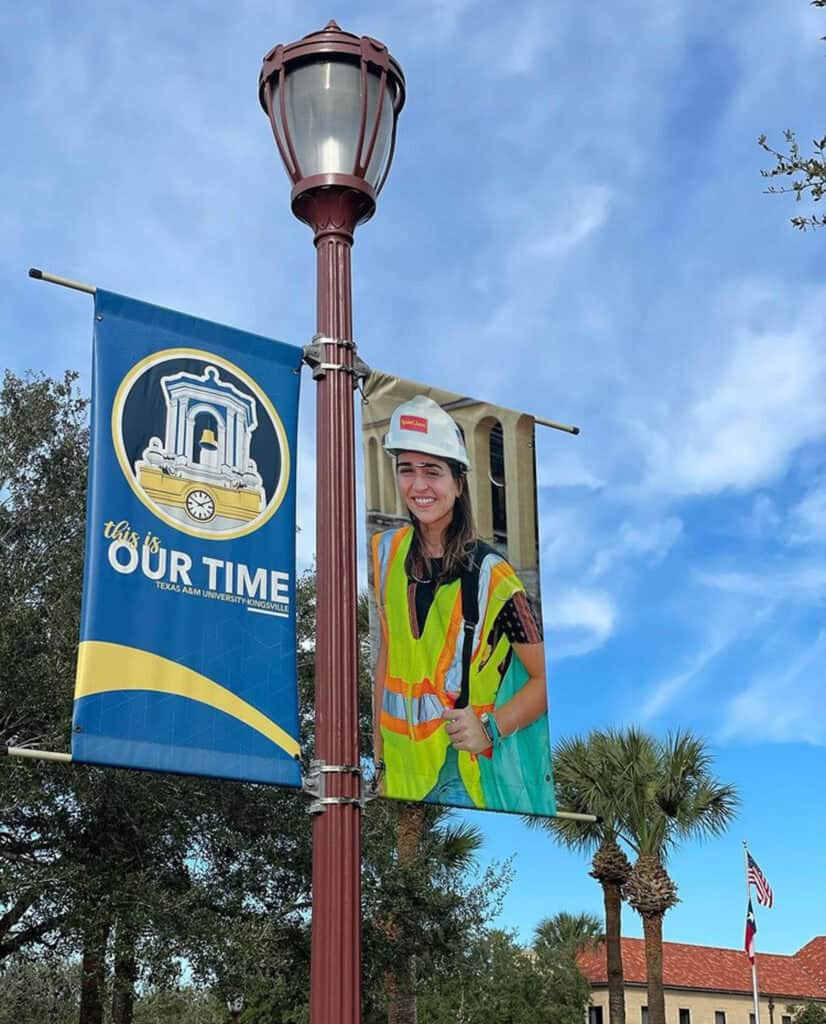
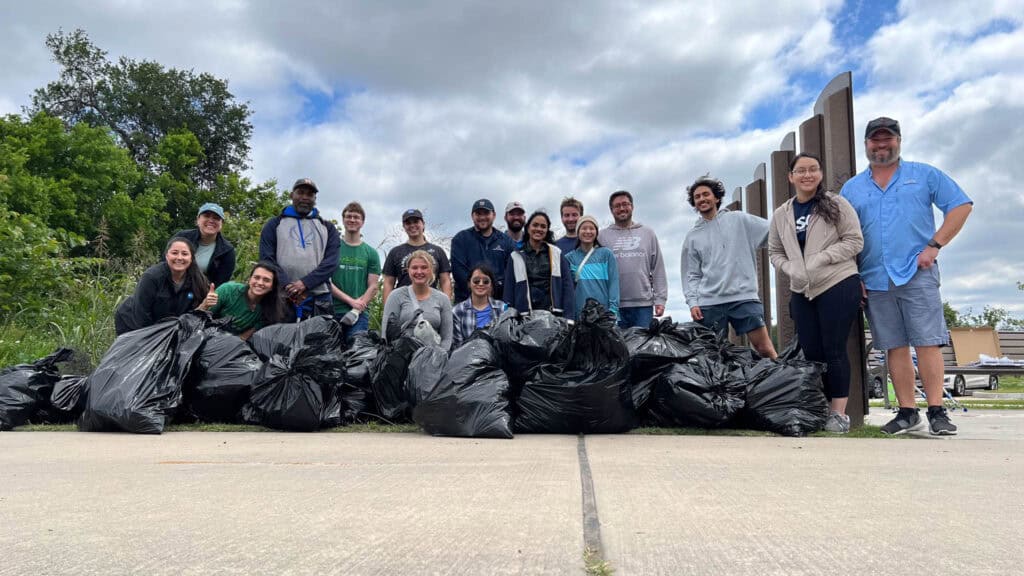
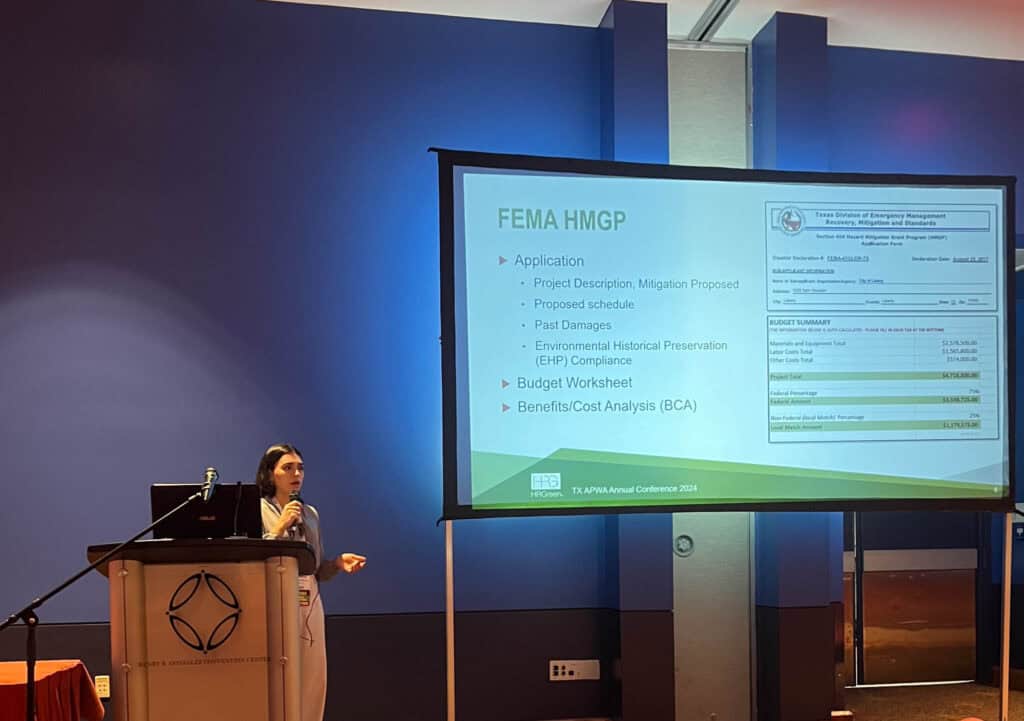
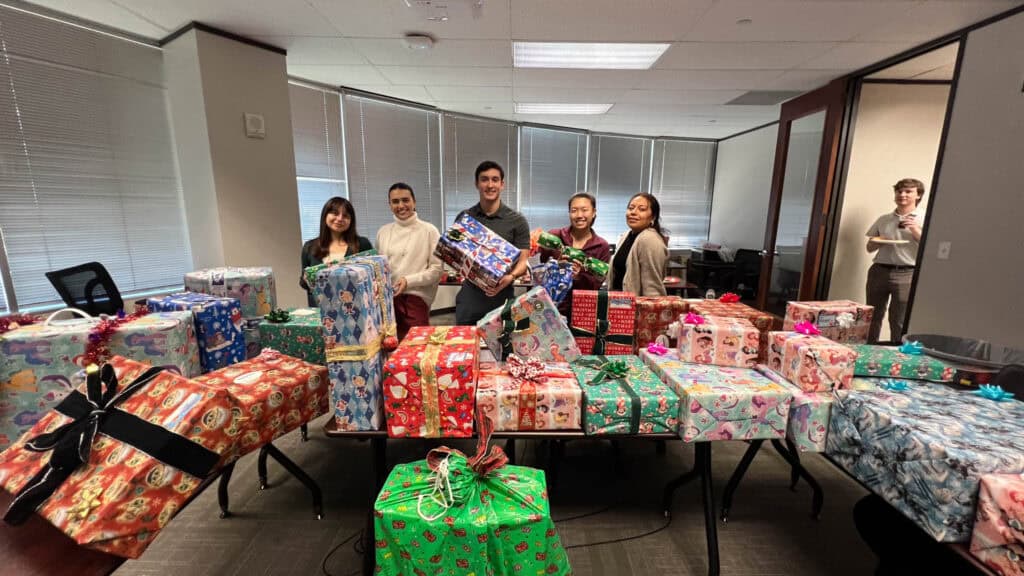
A Career that Builds More than Projects
At HR Green, we’re committed to creating an environment where all employees can grow, lead, and thrive. That includes fostering pathways for women to advance in technical and leadership roles, supporting mentorship and career development, and recognizing the unique impact each person makes.
